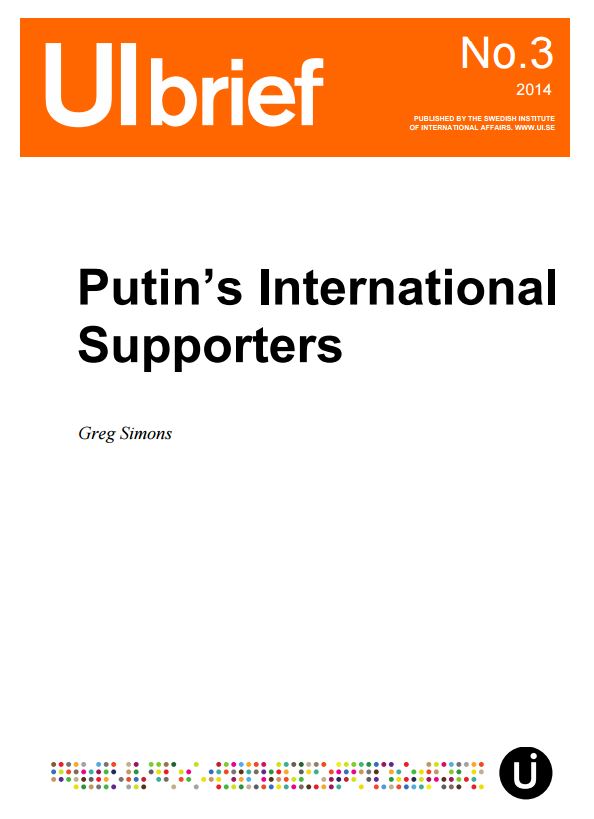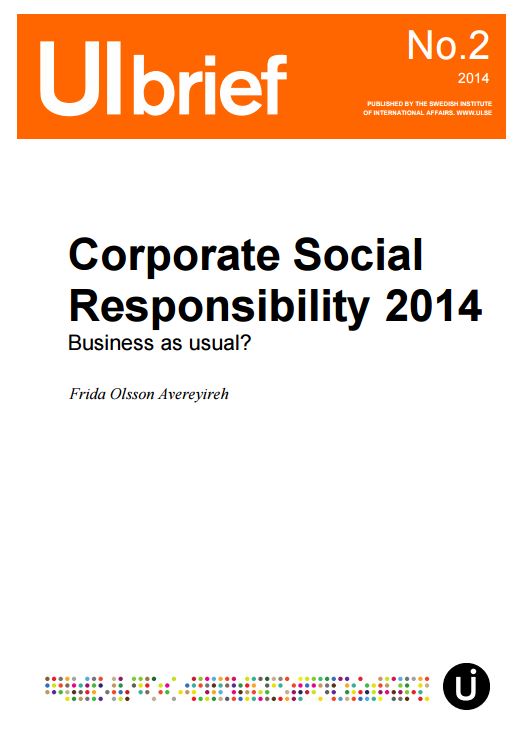Huntington's "Clash of Civilizations" and Russia
Harvard Professor Samuel P. Huntington’s well-known theory on the culturally rooted clash of civilizations has retained its topicality since it was first launched in 1993.
Many in the Muslim world viewed the globalization process as a largely Western, if not American, phenomenon, which helped spark a growing resurgence of religion in politics and ideology. This in turn paved the way for the Iranian revolution of 1979 and a series of terrorist attacks on Western states in the 1980-90s. The terrorist attacks of 9/11 in the USA were later countered by extensive US military interventions in Afghanistan and Iraq, which further widened the rift between the Muslim world and the West. Indeed, US President G.W. Bush clearly viewed the war on terrorism in civilizational terms.
The unresolved Israeli-Palestinian issue, the apparent failure of Western democratization efforts in Afghanistan and Iraq and the so-called ‘Arab spring’ in countries such as Tunisia, Egypt and Libya, where local democrats and reformists have been overpowered by religious parties, military leaders and/ or regional clans, can also be interpreted as more recent evidence of civilizational differences.
When Huntington’s theory was published in 1993, it attracted considerable attention in Russia for a number of reasons, not least because the theory dealt extensively with Russia and its role in the world.

